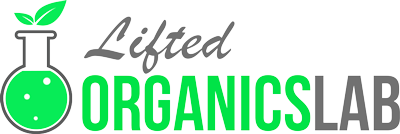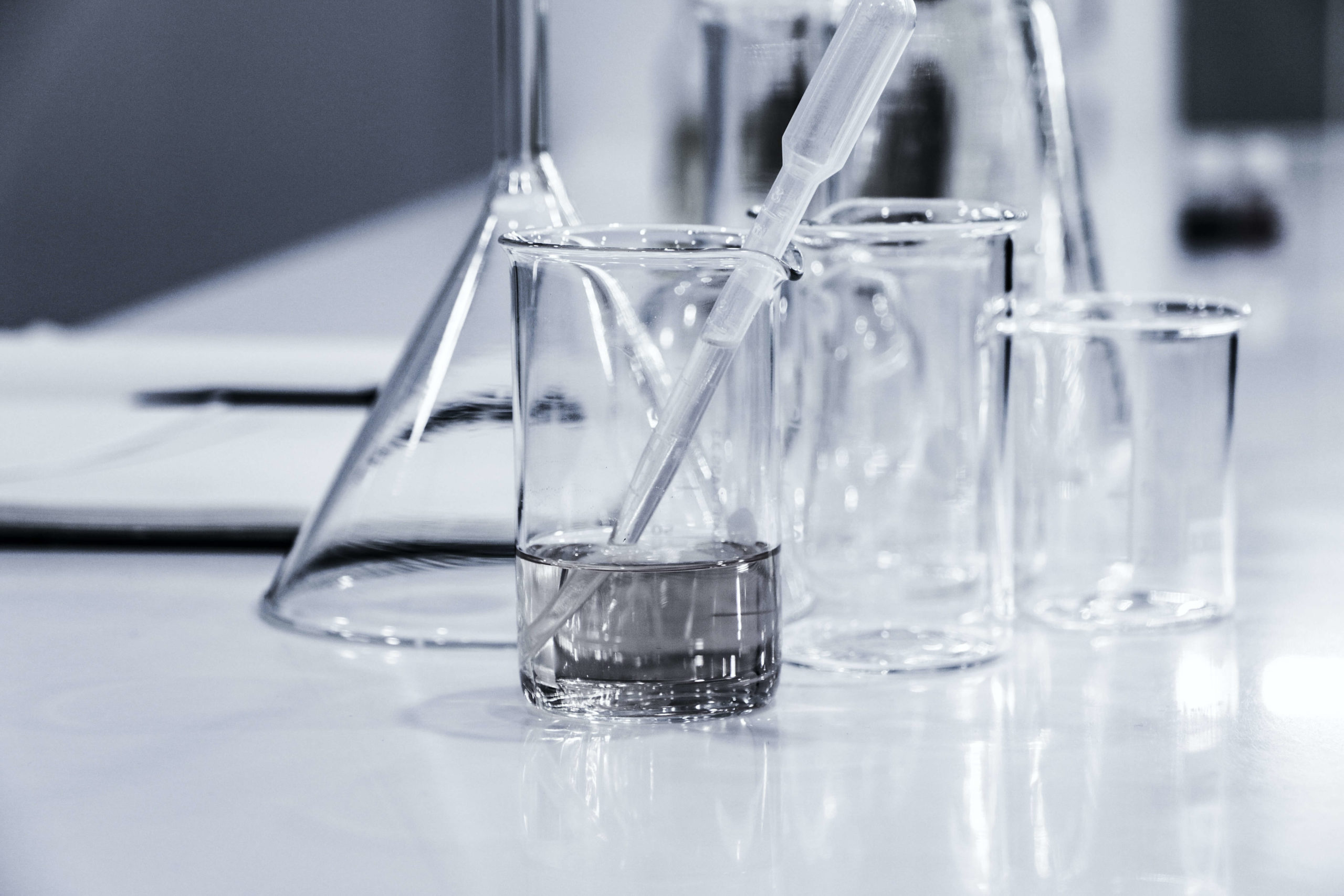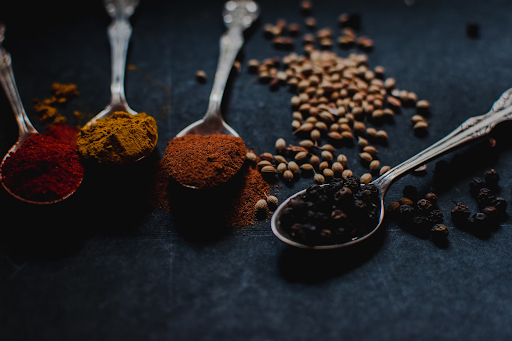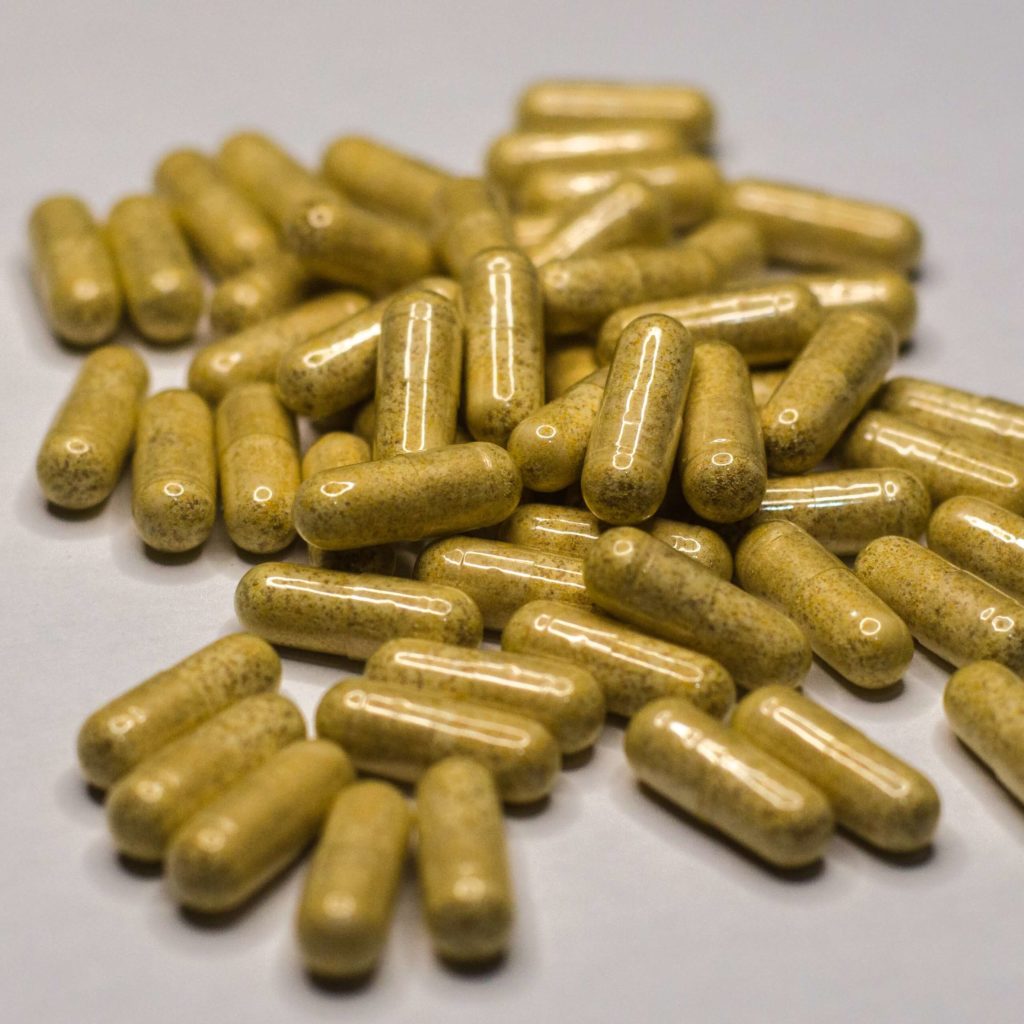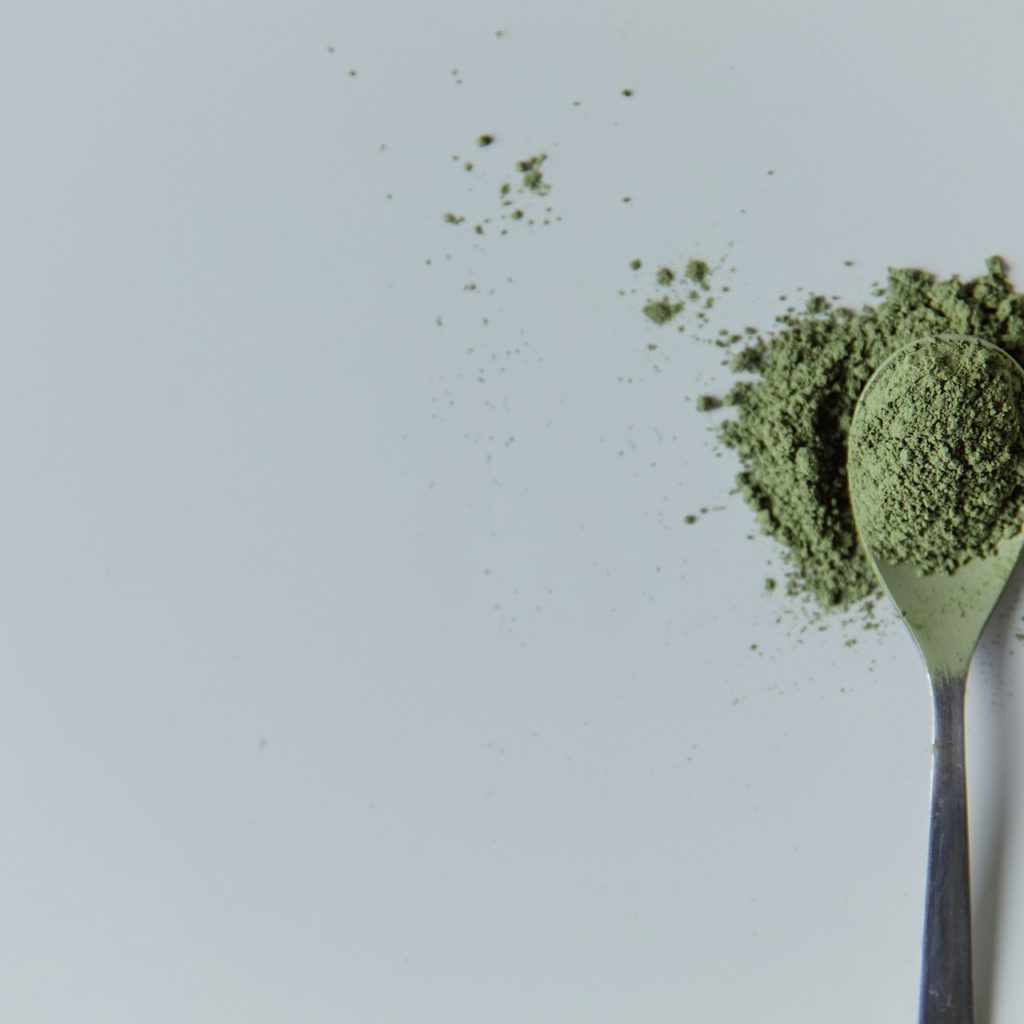Kratom testing is critical for ensuring the safety, quality, and potency of any kratom product. A growing number of U.S. states, including Missouri, Oregon, and Utah, are making testing mandatory, and kratom advocacy organizations like the American Kratom Association have pushed hard for nationwide testing standards. Whether or not your state mandates it, you should always ensure that the kratom you buy is lab-tested. It’s also important to understand how to read and understand each kratom lab test.
What Is a Kratom Lab Test?
Lab tests are conducted to ensure that the product:
- Is an authentic, alkaloid-rich kratom product
- Is safe for human consumption
- Does not contain any false advertising (e.g. misrepresenting the mitragynine content or falsely claiming to be organic)
Kratom testing should always be carried out by a trusted, third-party lab and not by the kratom manufacturer. In-house testing presents a conflict of interest and is inherently less trustworthy.
What Does Kratom Testing Entail?
A reputable third-party testing lab will provide a certificate of analysis (CoA) that lays out the complete test results in an easily understood layout. Whether you’re buying kratom powder, kratom capsules, or kratom tea leaves, you should always ask for the CoA.
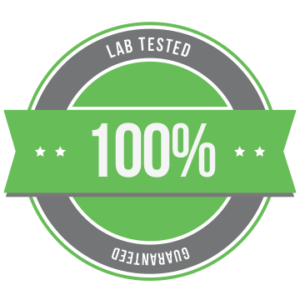
Every certificate of analysis should contain the following:
- The testing date
- The name and contact information of the lab
- The testing lab’s seal of authenticity
- Information about the kratom batch (sample size/weight, batch number)
- Alkaloid concentrations
- Disclosures of any additives, fillers, adulterants, or contaminants
The last two items on the list require especially close examination when you’re assessing your CoA.
Alkaloid Concentrations
Alkaloids are what give different types of kratom their potency and effects. At least 28 different alkaloids have been uncovered, the most important of which is mitragynine. In an average kratom batch, mitragynine should make up about two-thirds of the total alkaloid concentration. The second most important alkaloid is 7-hydroxymitragynine. A quality batch of kratom should contain no more than 0.01% to 0.05% 7-hydroxymitragynine and about .5% to 2% mitragynine.
Additives & Contaminants
Some certificates will contain a common list of additives and contaminants and then note if any of those organisms are present—and at what concentrations. Other certificates will simply contain a line or box where any additives can be disclosed. The optimal number of additives is zero. The test results should uncover no bacteria, salmonella, mold, heavy metals, or fillers.
Kratom Testing Provides More Than Peace of Mind
There is a lot of kratom flooding the market, and not all of it is good. Reliable kratom testing helps to distinguish the market-worthy products from the cheap and sometimes even dangerous imitations. That’s why, at Lifted Organics Lab, we ensure that every batch of kratom is exhaustively tested by a trusted third-party lab. The result is a true organic product that you can buy with confidence. When you order kratom online, the most important thing you can do is determine that the product has been tested and is free of adulterants and contaminants. You may have to pay a bit more up front, but it’s more than worth it.
